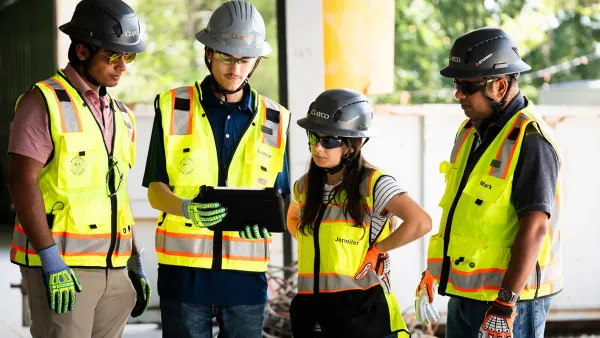Dive Brief:
- Ageism is a serious workplace concern, as the outcomes of ageism are serious, long-lasting and negative across the board, affecting everyone (not just older adults), according to an article in the Albuquerque Journal.
-
Authors Ellen Driber-Hassall And John Bishop, who work with Aging Matters LLC, write that employers cross the legal lines regarding ageism when they make jobs unattractive or undesirable through title and salary downgrades. Or, when management assumes older workers are less capable of accepting the inevitable changes that come with technology.
-
By engaging in age-based discrimination, businesses lose out by missing the accumulated skills, knowledge and abilities older adults can bring to the workplace. Ageism can also "destroy valuable corporate knowledge," especially by cutting off the natural knowledge transfer to younger, less experienced workers. Brain drains are "inevitable," along with higher stress levels and costs as employers try to recoup on the lost opportunity.
Dive Insight:
The authors, both gerontologists, recommend HR leaders take a long, hard look at recruitment, hiring, discipline and retention strategies to determine if ageism is baked into the mix. In addition, they believe ongoing anti-age discrimination training across the organization can help keep ageism to a minimum.
Driber-Hassall and Bishop say employers need to facilitate workplace flexibility, develop clear career paths and institute work teams that connect seasoned workers with less experienced ones. It's about building a workplace culture that not only accepts older workers, but also honors their added value.
Ageism in startup land recently had a big published voice in Dan Lyons, whose book, "Disrupted," spoke of his experiences while working at HubSpot – though HubSpot had a thing or two to say about that.









